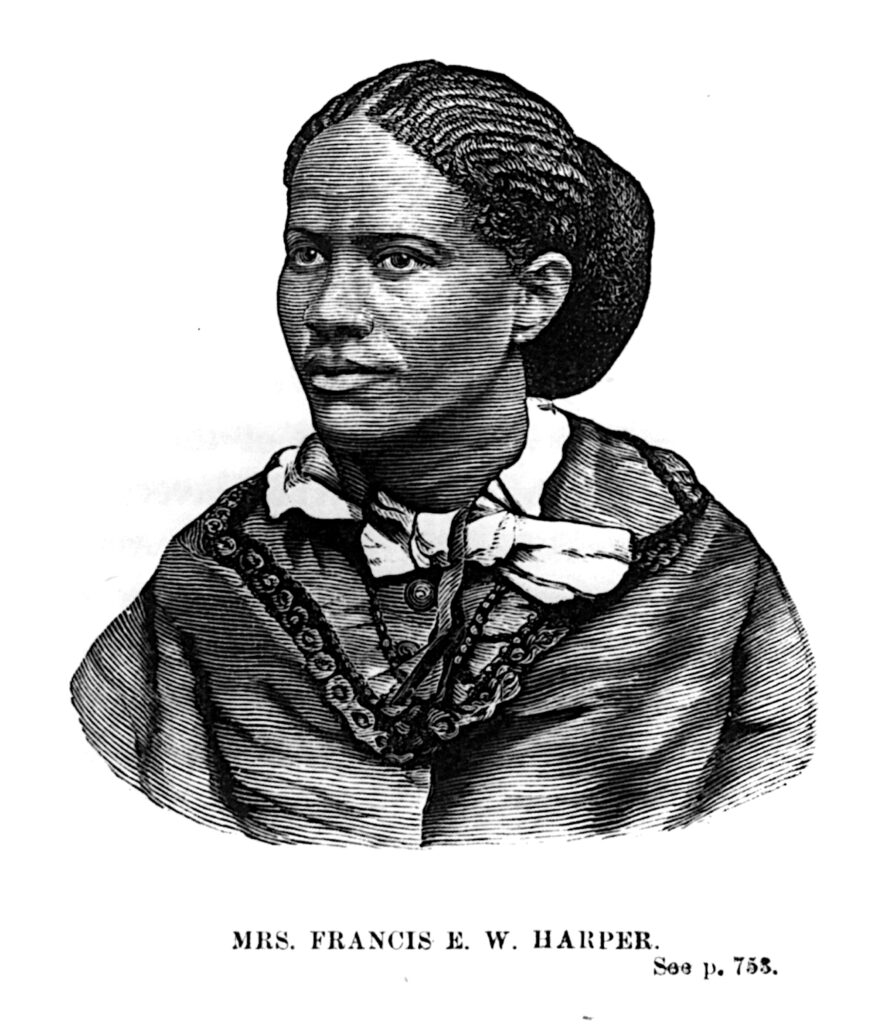Last week, I posted a responsive reading with words by the Universalist minister Eliza Tupper Wilkes, that’s copyright-free so you can use it freely in online worship. Now here’s a copyright-free poem by Unitarian poet Frances Ellen Watkins Harper, arranged as a responsive reading and available under a copyright-free CC0 license.
Our twenty-first century eyes might find Frances Harper’s nineteenth century rhythms and rhyme schemes a little trite. But I think when read out loud, responsively, our twenty-first century ears will enjoy this poem.
Songs for the People
Let us make songs for the people
Songs for the old and young;
Songs to stir like a battle-cry
Wherever they are sung.
Not for the clashing of sabres,
For carnage, nor for strife;
But songs to thrill the hearts of all
With more abundant life.
Our world, so worn and weary,
Needs music, pure and strong,
To hush the jangle and discords
Of sorrow, pain, and wrong.
Music to soothe all its sorrow,
Till war and crimes shall cease,
And human hearts grown tender
Girdle the world with peace.
Arranged from “Songs for the People,” Frances Ellen Watkins Harper (Unitarian) CC0

